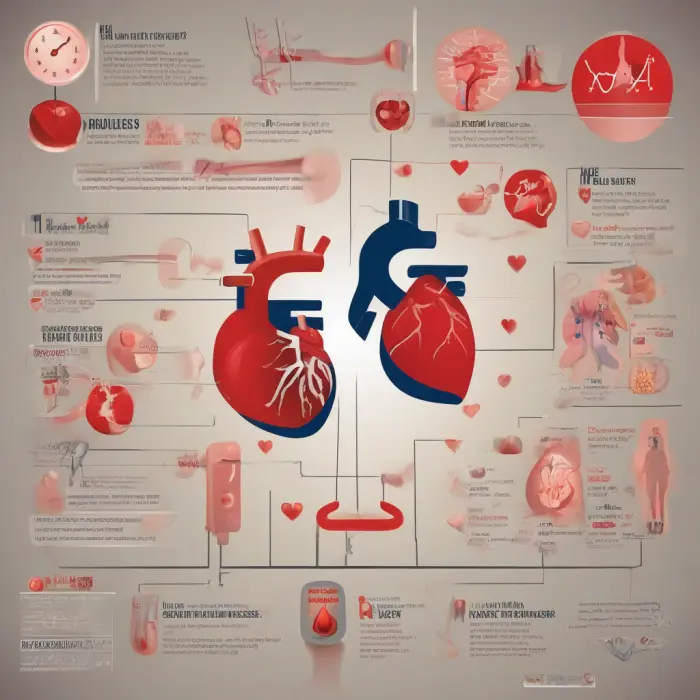Ethical Considerations in Genetic Engineering and CRISPR Technology
Genetic engineering, enhanced considerably by the development and rapid evolution of CRISPR technology, holds the potential to drastically alter the biological landscape. This powerful tool enables scientists to modify or delete genetic information with unprecedented level of precision. However, such capabilities also raise important and profoundly complex ethical questions that necessitate careful consideration and responsible application of this technology.
Concept of Genetic Engineering and CRISPR
For a comprehensive understanding, it’s important to first clarify what genetic engineering and CRISPR entail. Genetic engineering is a process that alters the genetic structure of an organism, either by deleting, modifying or adding genetic material. This manipulation can lead to desired traits or increased understanding of genetic function. More recently, this work has found a revolutionary tool in Clustered Regularly Interspaced Short Palindromic Repeats, or CRISPR. CRISPR is a precise set of genetic editing tools drawn from bacterial defense systems that allow for efficient and specific genome modification.
The Ethical Dimensions
The ethical considerations relating to genetic engineering and CRISPR are broad and nuanced. They encompass areas such as individual rights, medical ethics, societal impacts, environmental concerns, and considerations around the potential for misuse or abuse of the technology.
Consent and Autonomy
The application of genetic engineering with CRISPR can infringe individual consent and autonomy, especially when used in germline or embryo editing. Such changes can affect future generations who have no opportunity to consent. Balancing the driving intent, often being the prevention of genetic disease, with fundamental issues of consent and autonomy underscores the ethical tension in this area.
Medical Ethics and Human Enhancement
Another profound ethical question revolves around the potential use of genetic engineering for 'human enhancement'. This could range from selecting for desired physical or intellectual traits to trying to increase lifespan. In this context, the principle of 'do no harm' can come into conflict with notions of individual choice and autonomy. There are also significant uncertainties about the long-term effects of such changes and whether they might inadvertently introduce new health risks.
Societal Impacts
At a societal level, there are concerns about the potential exacerbation of inequality. If genetic engineering, particularly enhancement techniques, become commodities available only to those who can afford them, it could create a genetic 'elite'. This could have profound implications for notions of equity, justice, and social cohesion.
Environmental Considerations
Environmental implications of genetically modified organisms, another application of genetic engineering, are another ethical concern. These organisms could have unpredictable impacts on ecosystems, potentially displacing native species and disrupting ecological balance.
Use, Misuse, and Abuse
Finally, there are significant concerns about the potential misuse or abuse of this powerful technology, from creating bioweapons to uncontrolled experimentation. By making the power to alter life's code available and accessible, there is an inherent risk that it could fall into the wrong hands.
Conclusion
The capacity for powerful and precise genetic modification that technologies like CRISPR provide is growing faster than our understanding of their implications. Therefore, it is imperative that we, as a global society, construct robust ethical frameworks to guide the application of genetic engineering and ensure its benefits are harnessed responsibly and equitably.
While ethical-legal systems vary worldwide, global dialogues at the intersection of ethics, science, and policy are essential to understand and navigate the novel challenges posed by genetic engineering and CRISPR.










